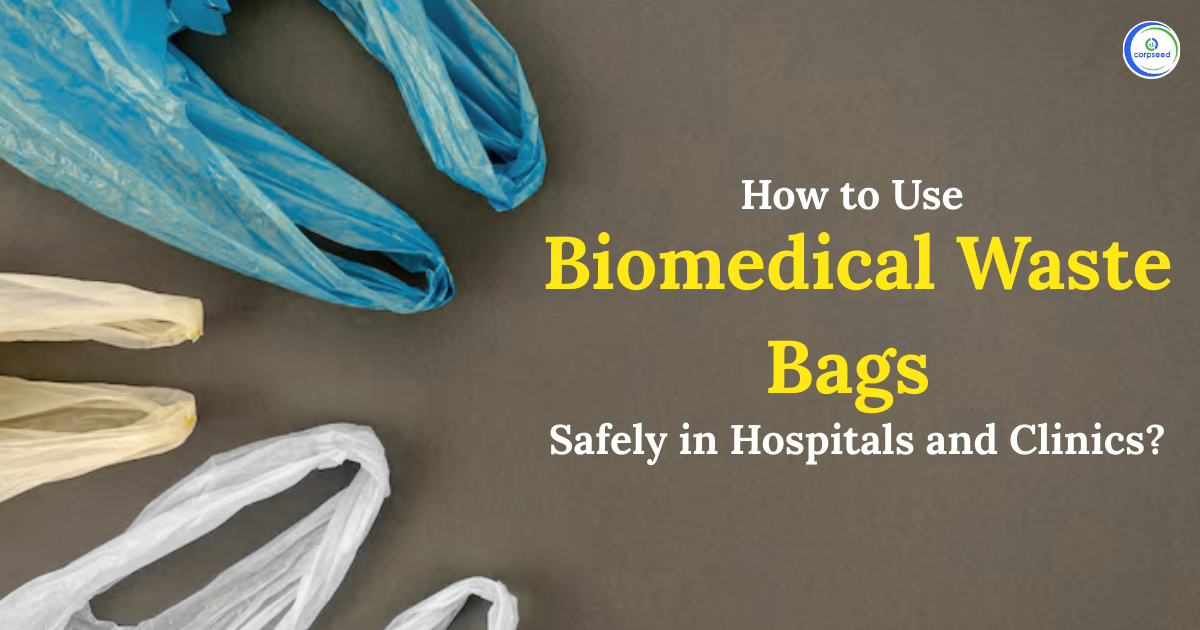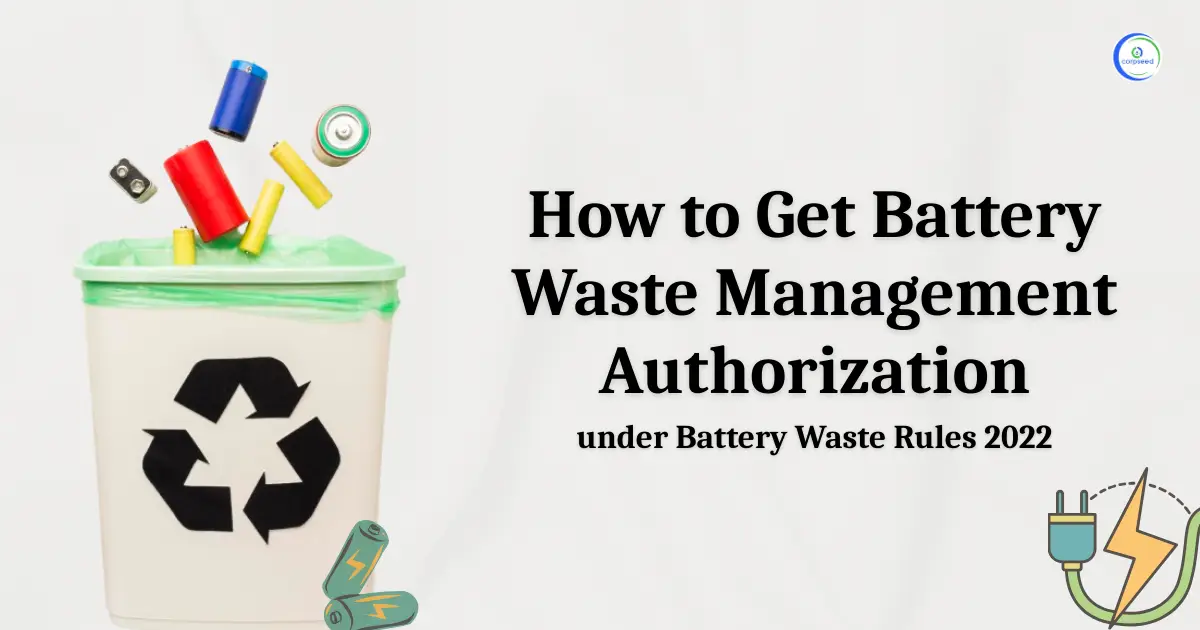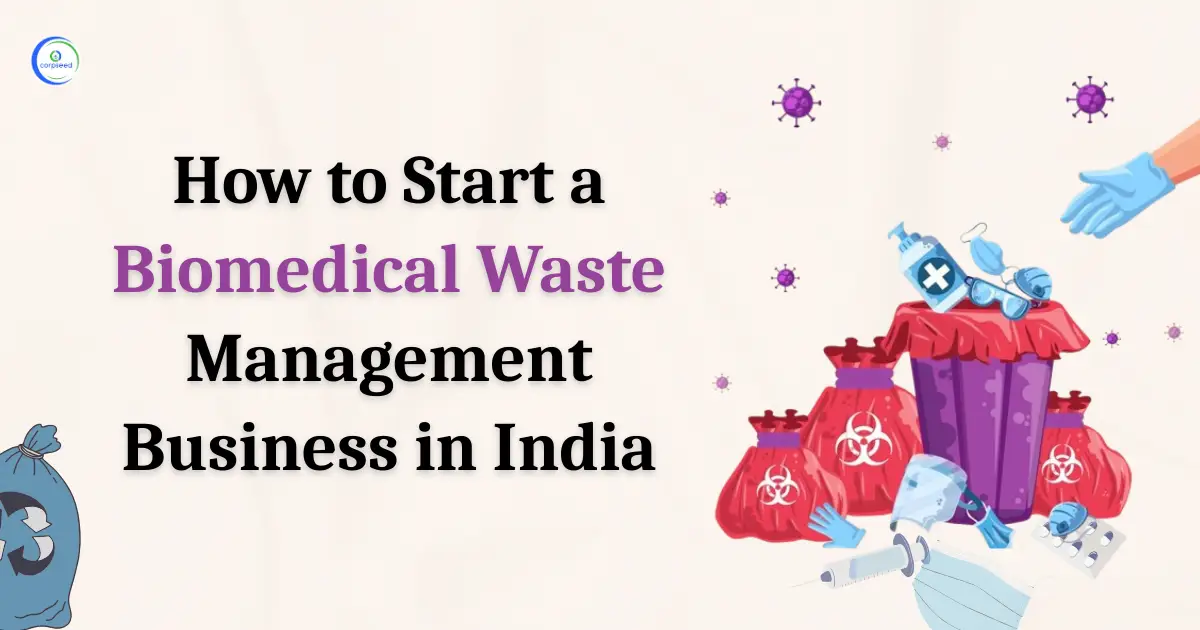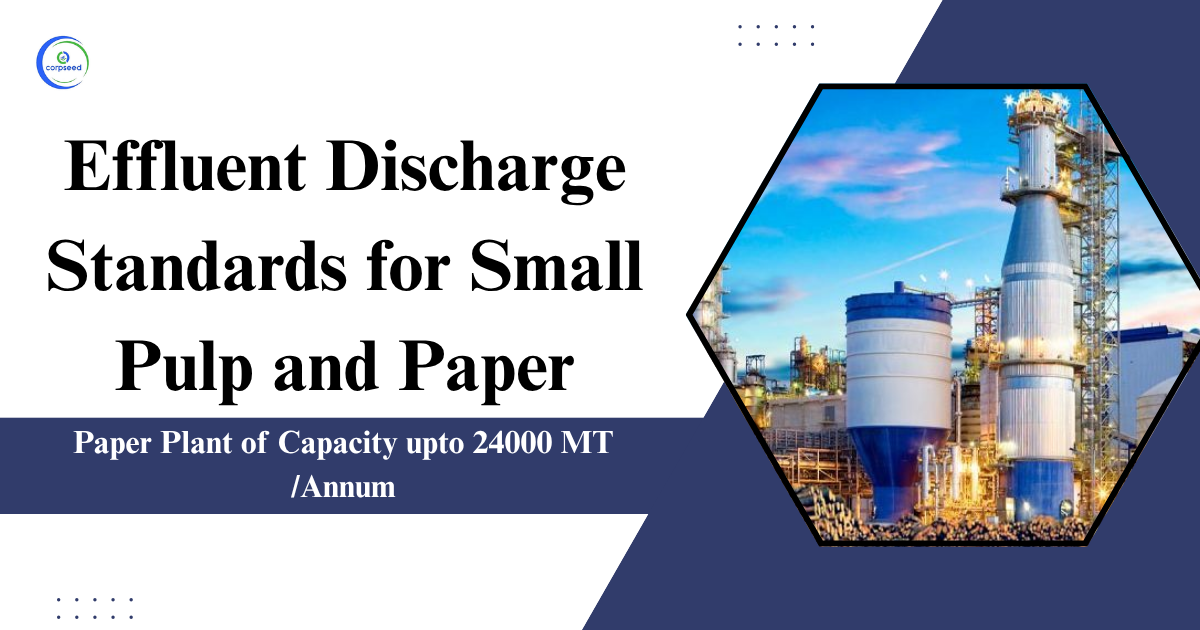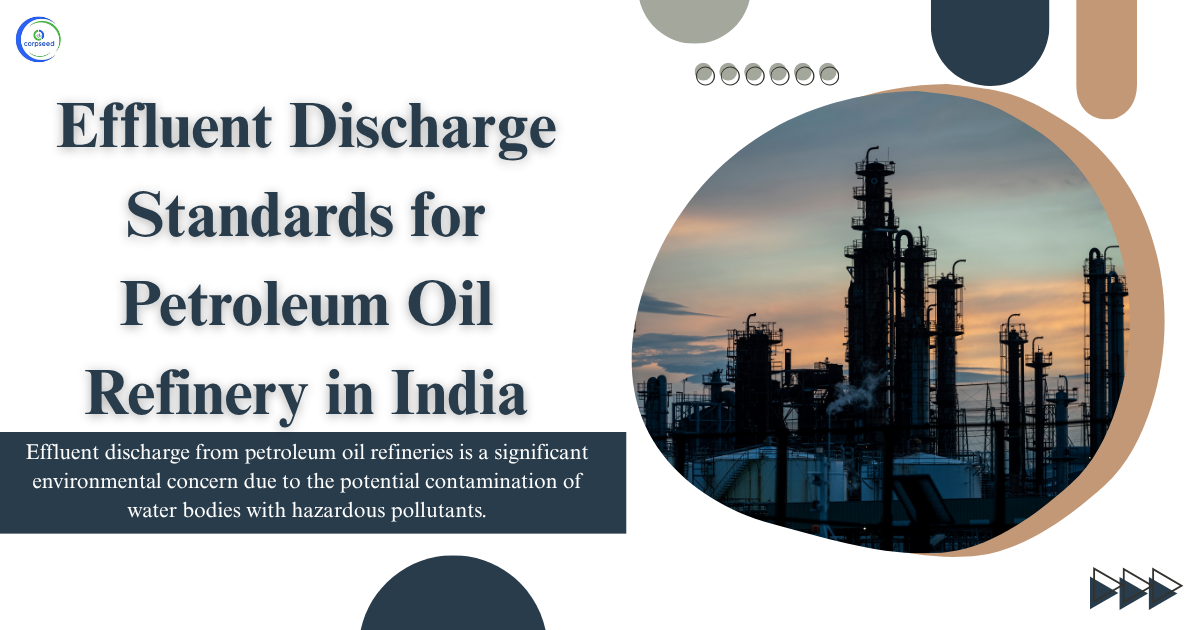The Central Government has recently notified E-Waste Management (Second Amendment) Rules of 2023. In the First Amendment, there were minor additions to the second schedule of the E-Waste Management Rules but the present amendment comes with comparatively more changes. It talks about the management of refrigerants by the producers, the determination of the conversion factor for EPR certificate generation, reduction of hazardous waste and medical devices. The second amendment to the E-Waste Management Rules provides more clarity to the exemption of reduction of harmful substances under Rule 16. It also adds refrigerant management to the responsibility of stakeholders and instructs the Central Pollution Control Board to determine conversion factors when multiple end products result from a recycling process. Let’s look into the details of the changes implemented through this amendment and how they are significant to E-Waste Producers and Recyclers.
Table of Contents
--------------Blog Contact Form-------------
Highlights of the Second E-Waste Management Amendment Rules 2023
We can break up the amendments introduced by the central government concerning e-waste management into four major parts. The major highlights of the Second Amendment to the E-Waste Management Rules of 2022 are as follows-
- Rules pertaining to Refrigeration and Air Conditioning Equipment
- Conversion Factor for the Generation of EPR Certificates
- Alteration in the RoHS Compliance
- Addition and Elaboration of Medical Devices
Management of Refrigeration and Air Conditioning Equipment
The second amendment of the e-waste management rules prescribes responsibilities for the manufacturer, refurbisher and recyclers of refrigeration and air conditioning equipment. The manufacturers of refrigeration and air conditioning equipment need to destruct the fluid used in these cooling systems. This fluid is called refrigerant and is harmful to human health. The guidelines prescribed by the Central Pollution Control Board need to be followed and approved destruction technologies need to be adopted for the treatment of refrigerants. Apart from manufacturers, the refurbishers and recyclers also need to ensure the safe management of refrigerant of discarded refrigeration and air conditioning equipment.
Generation of EPR Certificates
Extended Producer Responsibility (EPR) Certificates are issued to registered recyclers by the Central Pollution Control Board when they recycle e-waste of all types. The quantity of EPR Certificates to be generated for a certain amount of e-waste is calculated by multiplying the quantity of the end product and the conversion factor. The conversion factor is the quantity of inputs required for the production of one unit of output. This conversion factor is decided by the CPCB. The present amendment empowers CPCB to also decide a conversion factor for the calculation of the eligible quantity of EPR Certificates where more than one end product is generated.
Exemption from RoHS Rule 16(1)
E-Waste Management Rules of 2022 also prescribe rules for the Reduction of Hazardous Substances (RoHS) usage in the manufacturing of Electrical and Electronic Equipment (EEE) and its components. This reduction in the use of hazardous substances is necessary for some products as stated in rule 16(1) while some other products are exempted from this rule as per the exemption given in rule 16(2).
Previously, the exemption was given to EEE products placed in the market before 1 May 2014 if RoHS-compliant components are not available. The present amendment replaces this sub-rule with three new sub-rules as provided below-
- Rule 16 (2) prescribes that the components required for EEE products listed in Schedule II B which are placed in the market before 1 May 2014 shall be exempted from the application of Rule 16(1) if the RoHS-compliant components are not available.
- Rule 16 (2A) prescribes that Rule 16 (1) will not apply to the EEE products as listed in Schedule II C which are placed in the market on or before 1 April 2025.
- Rule 16 (2B) prescribes that Rule 16 (1) will not apply before 1 April 2028 to the components of EEE products as listed in Schedule II C which are placed in the market on or before 1 April 2025 if the RoHS-compliant components are not available.
Added a List of Medical Devices
With the first amendment to the E-Waste Management Rules of 2022, two entries were added to Schedule II including one for ‘lead in medical devices’. This entry for medical devices is again removed with the second amendment and a new Schedule II A is added to the rules which talks about the exemption for the medical devices, monitoring and control equipment, and laboratory equipment. This schedule contains a total of twenty-four items divided into three categories-
- Equipment utilising or detecting ionising radiation:
- Sensors, detectors and electrodes
- Others
Read Our Blog: E-waste Management Rules, 20202
Conclusion
The Second Amendment to the E-Waste Management Rules of 2023 marks a significant step in managing electronic waste in India. It introduces important changes, including guidelines for responsible refrigeration and air conditioning equipment management and the issuance of Extended Producer Responsibility (EPR) Certificates for e-waste recycling. The amendment also clarifies exemptions for certain Electrical and Electronic Equipment (EEE) products under the Reduction of Hazardous Substances (RoHS) Rules and introduces a new schedule for medical devices' exemption. These measures aim to promote environmentally friendly practices, reduce hazardous waste, and enhance recycling efficiency. By holding stakeholders accountable and empowering the Central Pollution Control Board, the amendment encourages better e-waste management, safeguarding both the environment and human health. Overall, it reflects India's commitment to sustainable practices and a greener future.
This portion of the site is for informational purposes only. The content is not legal advice. The statements and opinions are the expression of author, not corpseed, and have not been evaluated by corpseed for accuracy, completeness, or changes in the law.
BOOK A FREE CONSULTATION
Get help from an experienced legal adviser. Schedule your consultation at a time that works for you and it's absolutely FREE.


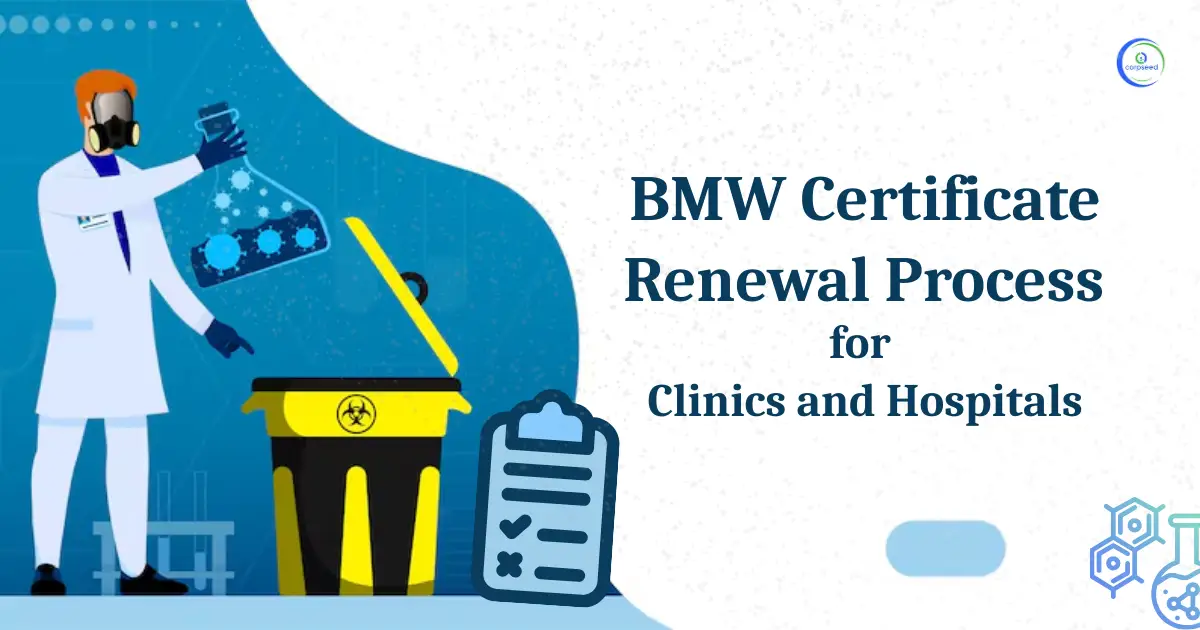
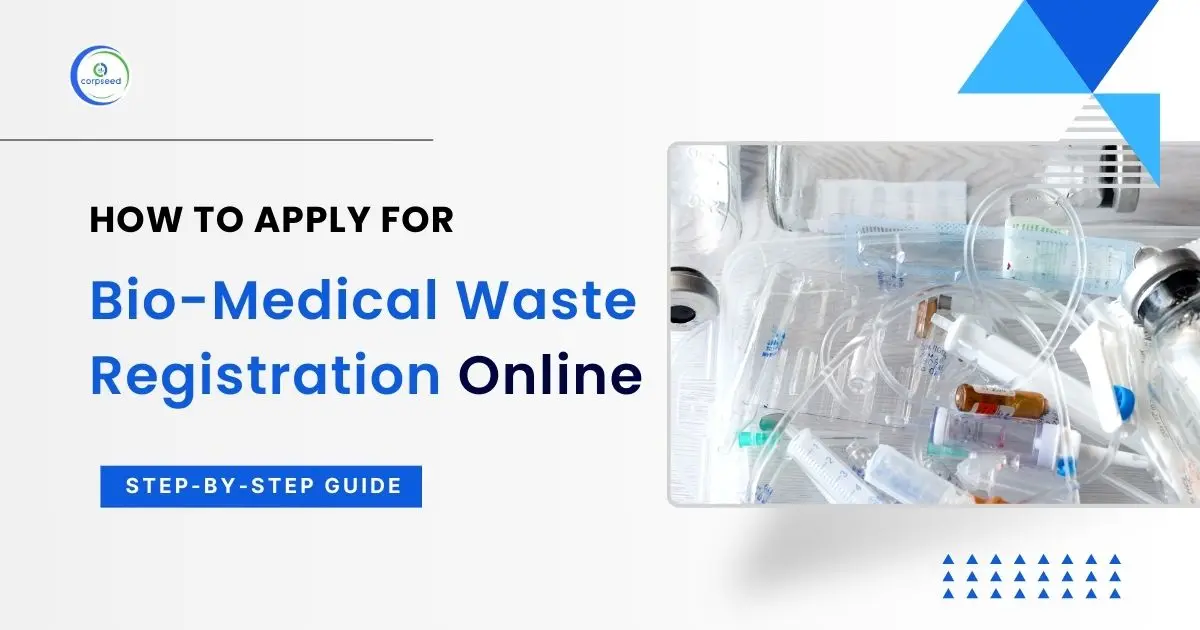
.webp)
